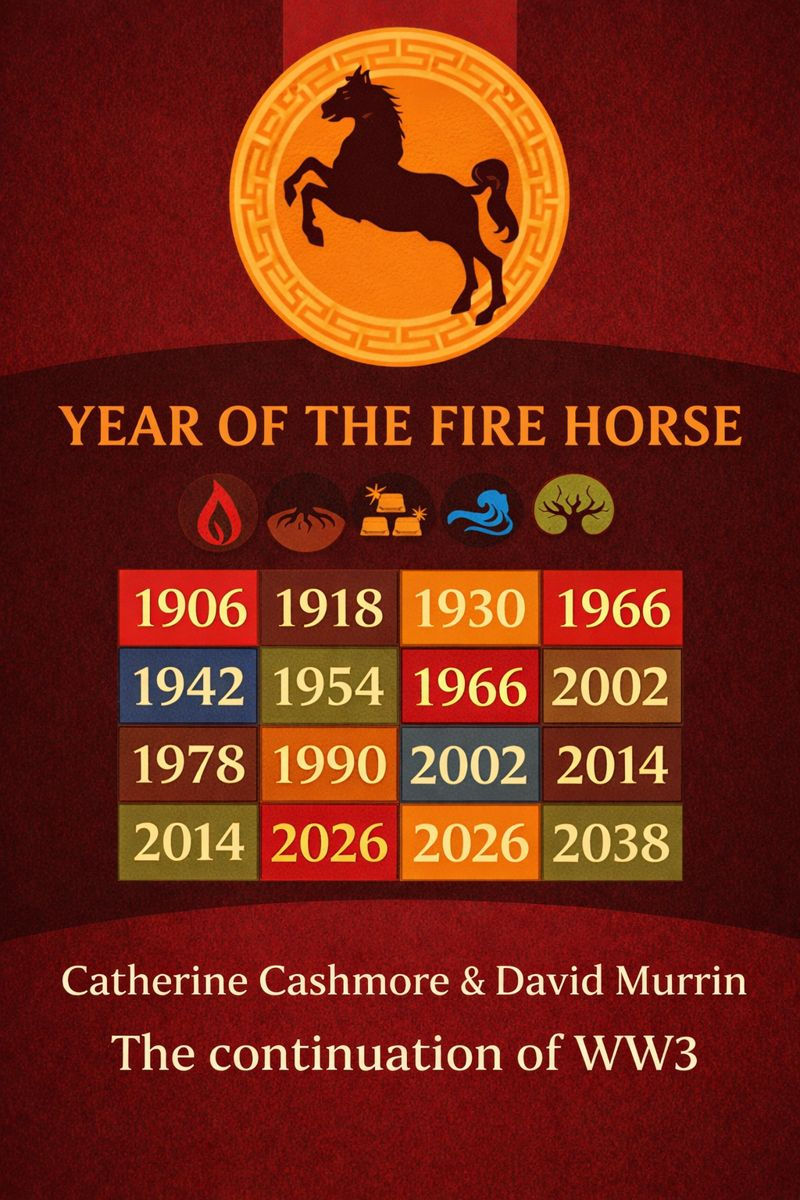What's ahead on LCI - plus - is Melbourne about to boom?!?
- Catherine Cashmore

- Aug 17, 2024
- 6 min read
Updated: Apr 6, 2025
It’s been an eventful week. On Thursday night I attended Prosper Australia’s 133rd annual commemorative Henry George dinner address.
The dinner is the longest running succession of yearly events in Australia.
It gives great opportunity to mingle with georgists, journalists, economists, and this year, even social media influencers such as Jordan Van Dem Lamb, the Purple Pinger who shared our Prosper Australia’s Speculative Vacancies report with his 250,000 young followers!
The first Henry George address was given in 1892, and over the years it’s welcomed a wide variety of speakers. This includes Walter Burley Griffin, Saul Eslake, Nicole Gurran, Fred Harrison, Dr Jim Cairns, Reverend Tim Costello, EJ Craigie, Ross Garnut and many, more – including myself no less!
This year we invited Sock-Yong Phang - the Celia Moh Chair Professor of Economics at the Singapore Management University to present the address.
Why invite an economic expert from Singapore?
The economic story behind the Island’s development holds valuable lessons relating to the land cycle.
When Singapore first gained independence, it faced significant challenges: rampant unemployment, slum-like living conditions, and rapid population growth that seemed impossible to manage.
Yet, today, it’s often cited as an economic miracle - baffling institutions like the World Bank, which struggles to fully comprehend the city's rapid and sustained growth!
Singapore’s GDP growth since it separated from Malaysia in 1965 has been off the charts!
Since its separation from Malaysia in 1965, Singapore’s GDP has increased by over 16,000% (adjusted for inflation)!
To put that in context - the global GDP has grown by a lesser 500% over the same period, and the U.S. GDP has increased by around 350%.
How did it do it?
At the heart of Singapore’s success is an economic approach that resonates with the principles of Henry George.
While the country wasn’t explicitly set up as a single-tax economy, its policies align closely with George's ideas, particularly in how it handles land ownership.
The dinner was an opportunity to delve into these policies in detail and gain more wisdom into the economic drivers of land cycle.
The lesson? We can eliminate the boom/bust devastation it creates.
It’s the main reason that Singapore weathered the 2008 global financial crisis better than many other countries.
Want to read more?
Subscribe to landcycleinvestor.com to keep reading this exclusive post.






